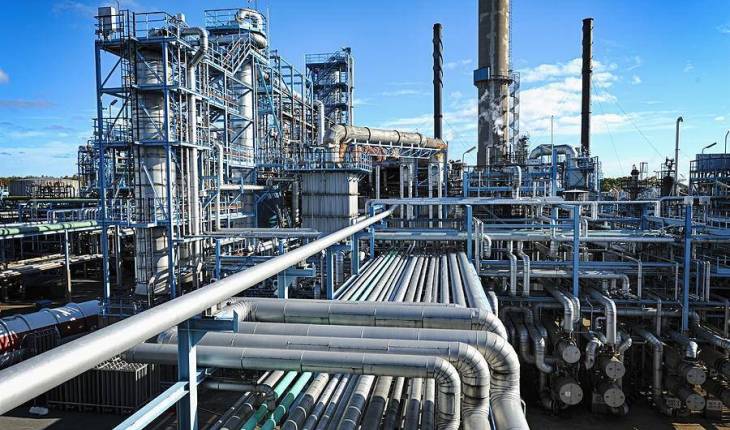Economy
Funding Constraint Stalls 10,000bpd Delta Modular Refinery

- Funding Constraint Stalls 10,000bpd Delta Modular Refinery
The Managing Director/Chief Executive Officer, Energia Limited, Mr. Felix Amieye-Ofori, said funding constraint slowed down the establishment of a modular refinery in Kwale, Delta State.
He said the company started with a design of 10,000 barrels per day refinery to produce products including petrol, diesel and kerosene.
He said, “At some point, due to cash constraints, because it will cost more than $100m, we decided to scale down to produce Automotive Gas Oil (diesel), kerosene and others, and later we will add Premium Motor Spirit (petrol). But if we have enough funding, we will scale it up. We have the land and everything is ready.
“The only thing that actually slowed it down is the cash issue. If we have been producing and everything was going on smoothly, by now, our refinery would be on stream.”
Amieye-Ofori said at a briefing that the company had got approval from the Department of Petroleum Resources, and had done the Environmental Impact Assessment, among other things.
“The DPR has said we should go into detailed engineering and now we are going to start fabrication. But we had a little hiccup with funding,” he said.
He also said the shutdown of the Forcados export pipeline for almost a year led to a loss of $20m by the company.
Amieye-Ofori said, “We have our own crude; so, we don’t have to go and source for crude; but the capital expenditure (capex) is a bit heavy. The reason for the refinery for us is to solve the pipeline interruptions. If you have the refinery, we will continue to produce. We are going into the downstream to sustain our upstream operations.”
On the recent rally in global oil prices, the Energia MD said, “It is positive but you know it will take a while before we really feel the impact.”
He said the company had continued to enjoy a cordial relationship with its host community, adding that lack of trust between the host communities and oil producing companies was responsible for the endless unrest in oil producing areas.
“In terms of employment, we have about 25 per cent of our workforce from the community. All the local contracts go to local contractors,” Amieye-Ofori added.